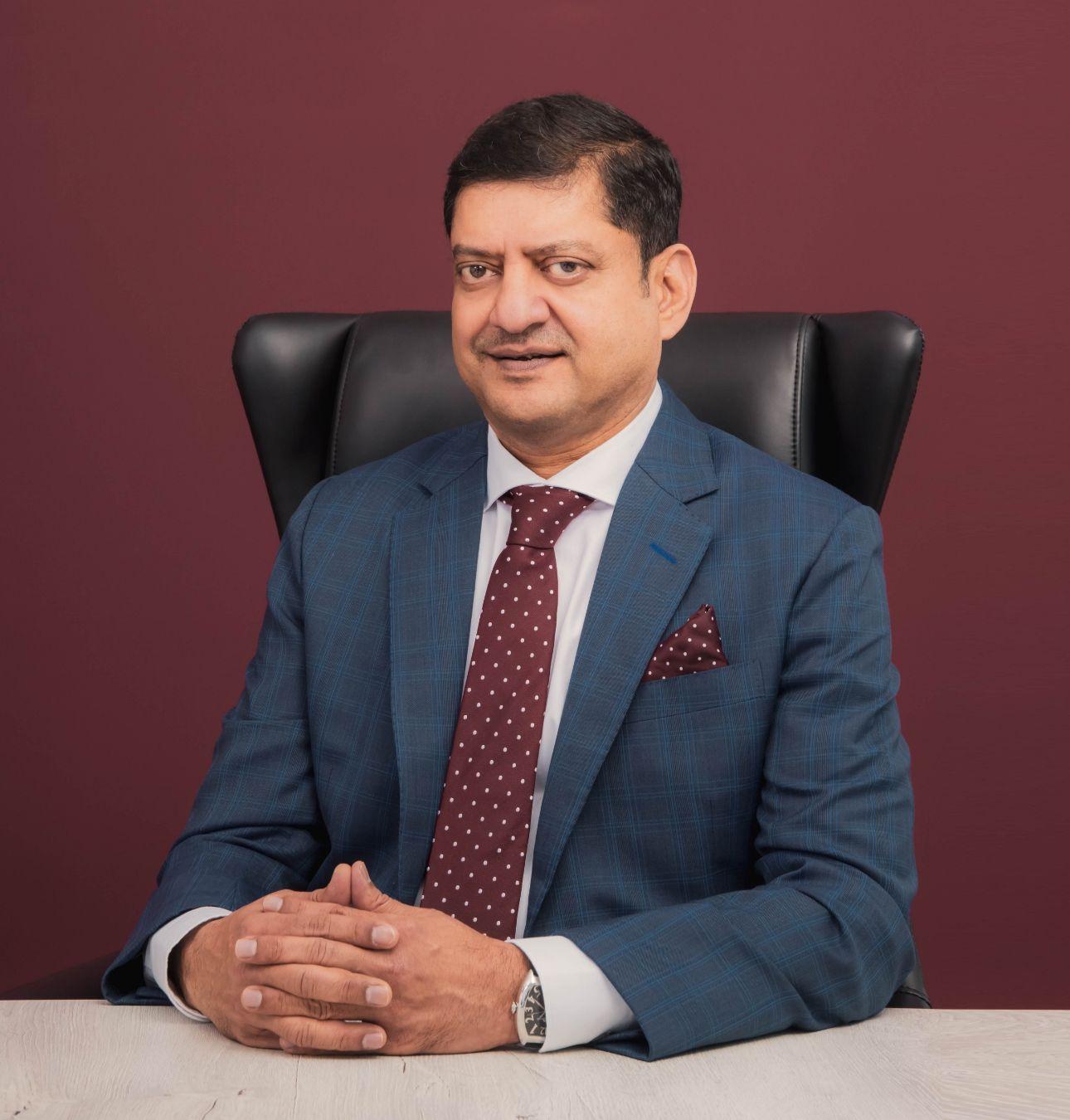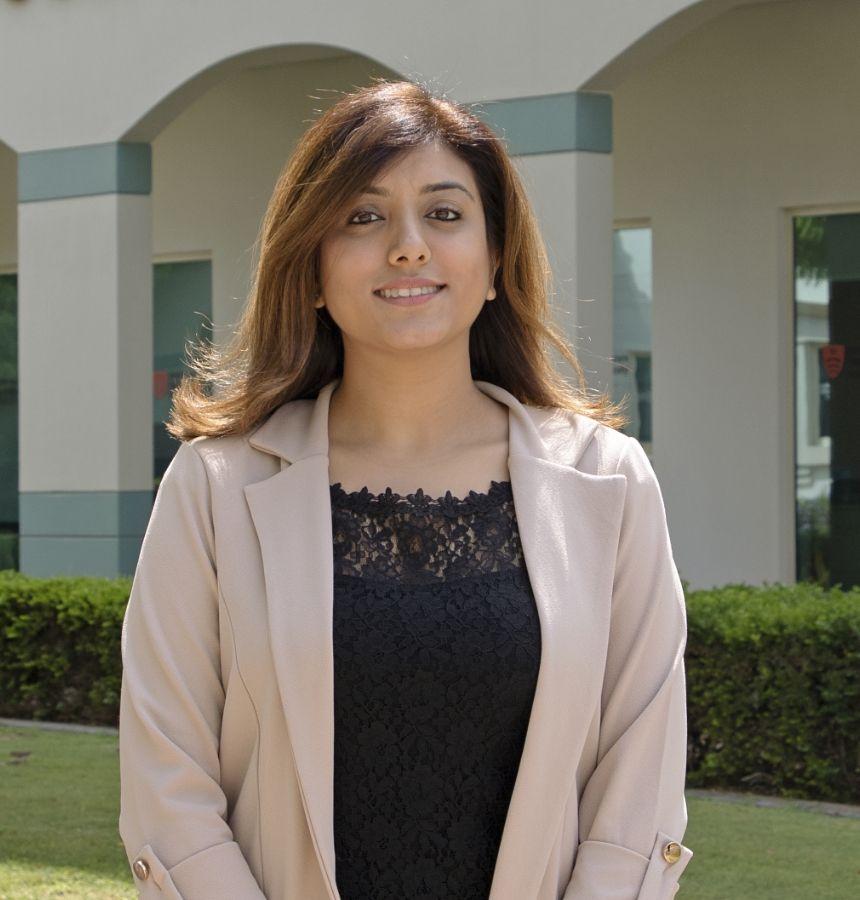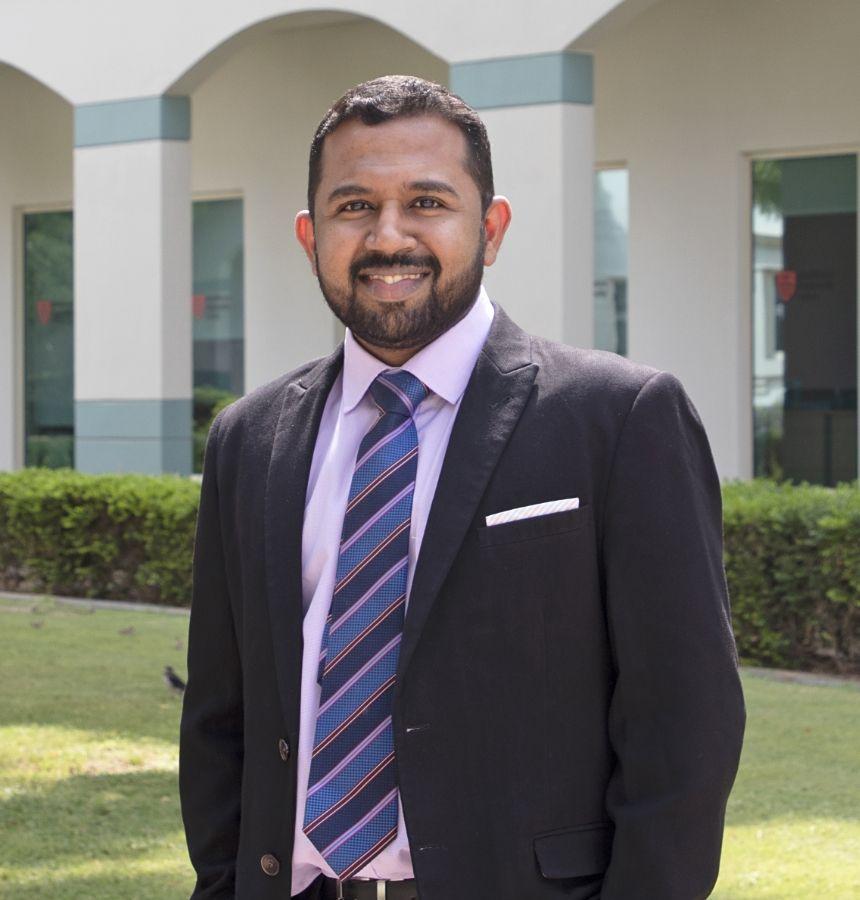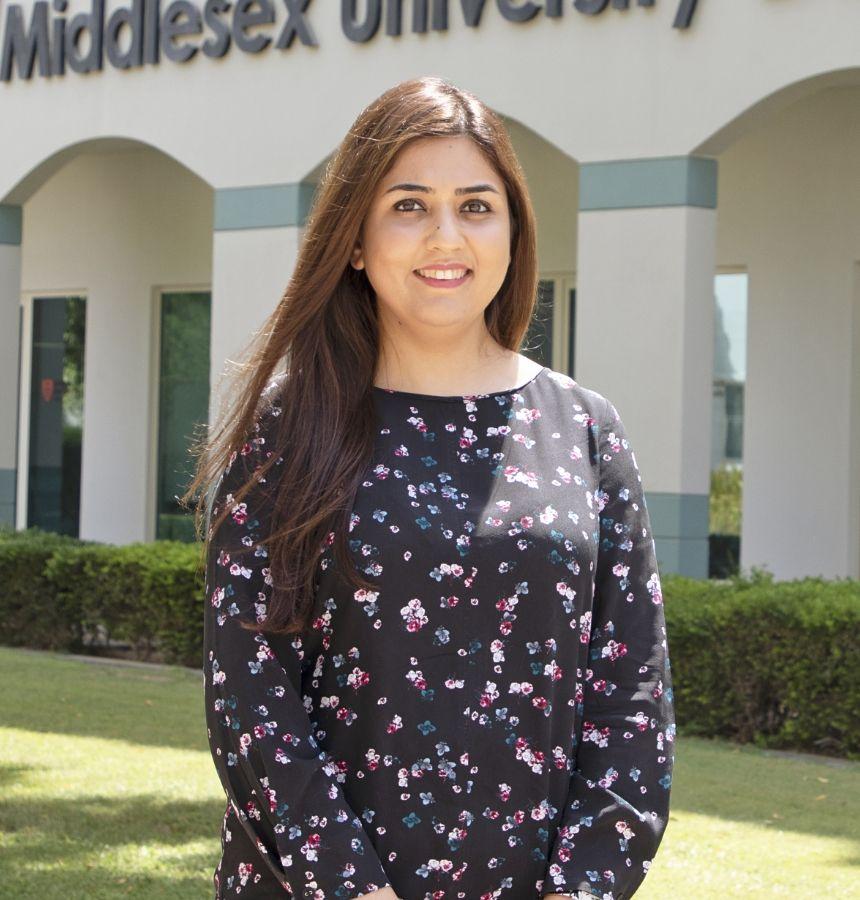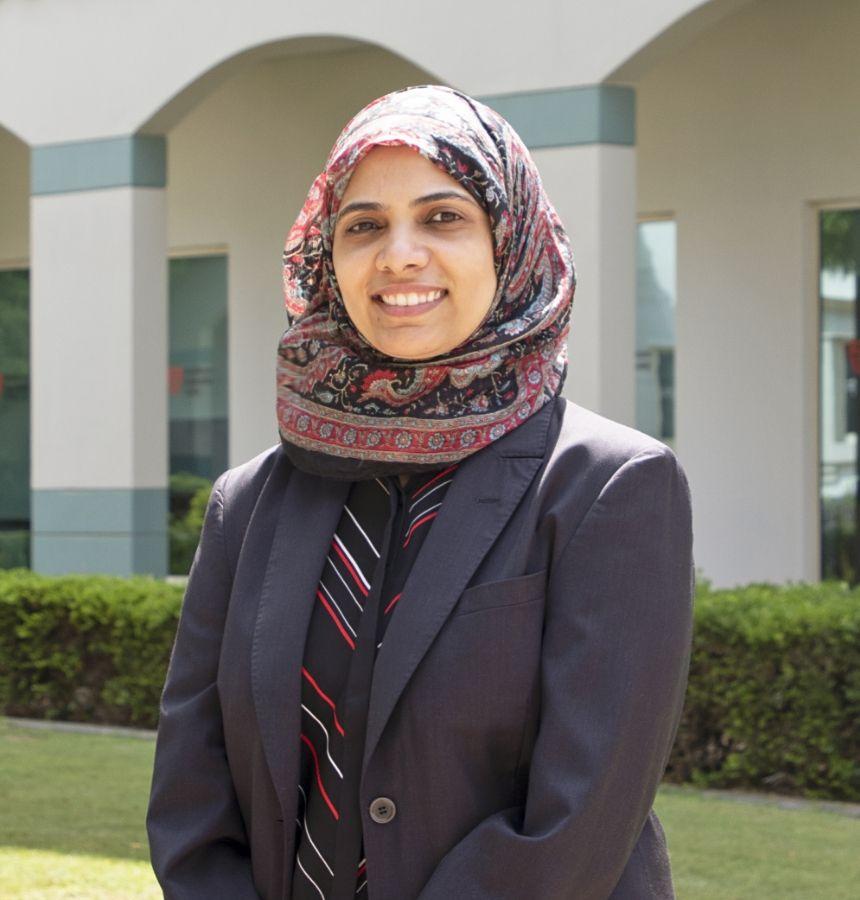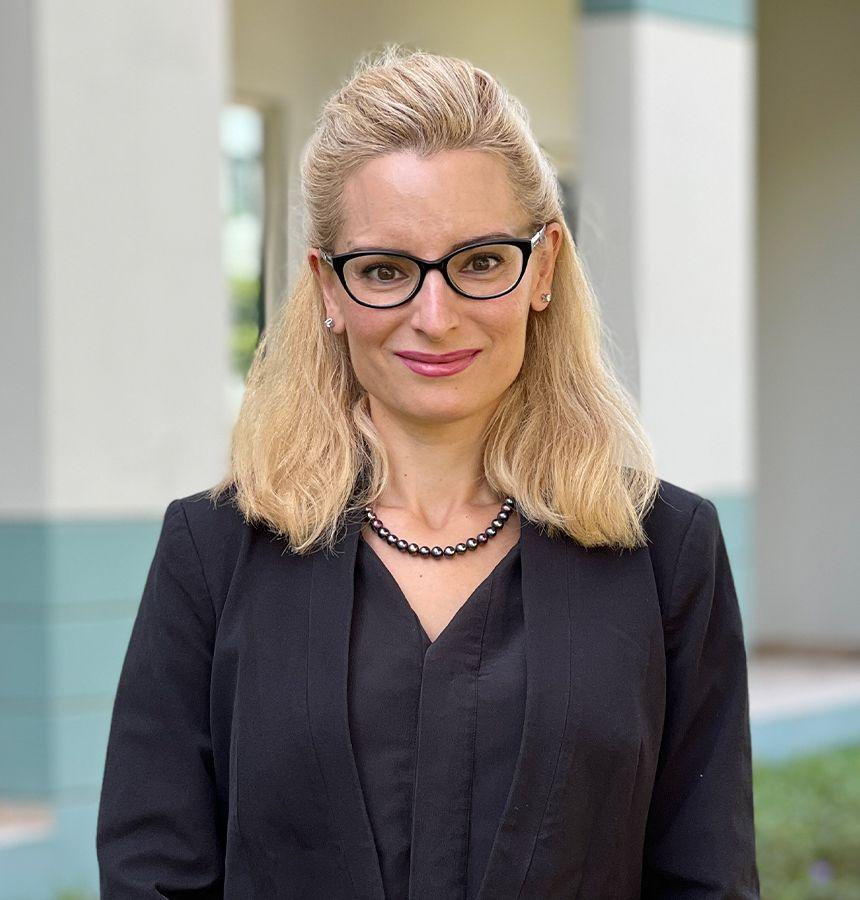ABOUT SOUQ ECONOMICS
At Souq Economics, we believe that research has the power to shape economies and transform societies. Our enterprise unites researchers, policymakers, and students from across the globe to collaborate, exchange ideas, and drive meaningful change. By fostering evidence-based research and interdisciplinary dialogue, we aim to bridge the gap between academia and policymaking, ensuring that economic research has a tangible impact on the world around us.
Aims & Objectives
- Facilitate Research Collaboration: Provide a dynamic space where economists and researchers from various disciplines can engage in meaningful collaborations.
- Bridge Academia and Policymaking: Ensure that high-quality economic research informs policy decisions, promoting more effective and equitable economic strategies.
- Encourage Evidence-Based Solutions: Support research that addresses real-world economic challenges, from financial stability to climate economics and global inequality.
- Make Research Accessible: Disseminate cutting-edge economic insights in an engaging and digestible format to reach a wider audience.
- Regional Economic Reports: Producing periodic reports on economic trends and policy impacts in local regions, helping stakeholders make informed decisions.
- Digital Learning Hub: Develop a database of links to GCC economic indices and build a dashboard featuring key macroeconomic indicators to support data-driven research.
- Souq Academy: Offer courses, tutorials, and case studies designed to enhance economic literacy for students and professionals.
- Souq Scholars (Student Body of Souq Economics): Engage students in research by providing opportunities for faculty-student collaborations, research internships, and mentorship programs.
- Inspire Future Economists: Cultivate a passion for economic inquiry among students and early-career researchers by fostering an active research culture.
- Research Competitions & Hackathons: Organize problem-solving challenges that allow students and researchers to apply economic concepts to real-world issues, driving innovation and analytical thinking.
Dr Pallavi Kishore
Head of Souq Economics
The Background
Souq in Arabic means marketplace. Souq Economics (SE) views itself as a marketplace for the exchange of ideas in economics. The subject of economics has been evolving in response to challenges faced by countries of the world. The previous century saw the evolution of Keynesian economics as a way of managing floundering economies, an approach that gave way to more market-oriented approaches a few decades later. Two episodes of this century have similarly challenged economics. The first, the Great Recession of 2008, was sufficiently widespread and devastating to invite comparison with the Great Depression of the previous century. The discipline responded to this challenge with deep introspection at the way economics was taught and researched. The second episode, namely, the ravages wrought by the COVID pandemic, has upended most economies of the world and many are still struggling to recover from it. In response to this second challenge, economics has focused on policy prescriptions to alleviate the suffering faced by millions of individuals across the world. Research in economics, however, does not emerge only in response to specific events. Contemporary as well as long-standing problems continue to guide research in areas such as political economy, inequality, climate change, poverty, globalization, economic history, gender economics, institutional economics and public policy among others.
RESEARCH AREAS
Research areas that are of interest to the Souq are listed below but this list is by no means exhaustive:
- Climate change
- Covid and its impact
- Economic history
- Economics of development
- Financial economics
- Gender economics
- Globalization
- Inequality
- Institutional economics
- Political economy
- Political economy
- Poverty
- Public policy
Souq Scholars
Souq Scholars is the student research body of Souq Economics, dedicated to fostering a research culture among students. Souq Scholars will facilitate faculty-student collaborations, provide research internship opportunities throughout the year, and create an engaging platform for aspiring economists to contribute to impactful research.
New Head of Souq Economics Announced

Middlesex University (MDX) Dubai have announced the appointment of Dr Pallavi Kishore as the new Head of Souq Economics.
Dr Pallavi, Head of Accounting and Finance at MDX Dubai, has taken over the role from Emeritus Professor Ajit Karnik, the founder and former head of Souq Economics, who will now contribute to the programme as a member of the Souq Economics Advisory Board.
Souq Economics was created to unite researchers, policymakers, and students from across the globe to collaborate, exchange ideas, and drive meaningful change. It aims to do this by fostering evidence-based research and interdisciplinary dialogue, bridging the gap between academia and policymaking, ensuring that economic research has a tangible impact on the world.
In addition to Dr Pallavi’s appointment, several new members have joined the Souq Economics team, including Rashita Puthiya, Senior Lecturer Accounting and Finance, MDX Dubai; Dr Athanasia Kalaitzi, Senior Lecturer Quantitative Finance and Economics, MDX Dubai; and Faisal Nazir Zargar, Senior Lecturer Accounting and Finance, MDX Dubai.
Alongside this leadership transition comes a new initiative - Souq Scholars. Designed to cultivate a strong research culture, Souq Scholars will provide a platform for students to engage with impactful research in economics.
This initiative will facilitate collaborations between faculty and students, offer research internship opportunities throughout the year, and encourage aspiring economists to develop the research skills needed to address real-world economic issues.
Through various competitions, collaborative projects, and mentorship opportunities, Souq Scholars will allow students to gain hands-on experience while deepening their understanding of economic inquiry.
Dr Pallavi said: “We want students to see economics not just as a subject, but as a way to understand and shape the world around them.”
Read more about Souq Economics and the Souq Scholars initiative.
MDX Dubai Research Centres partner to host Symposium on Cross-cutting Issues in Economics, Climate Change, and Supply Chain

On 12th January 2022, Middlesex University Dubai’s Souq Economics – Centre for Economics Research and Centre for Supply Chain Excellence successfully hosted a joint symposium tackling “Cross-Cutting Issues on Economics, Climate Change, and Supply Chain”. The event attracted over 175 delegates from around the world, including presenters and speakers from the UAE, US, UK, India, Thailand, Malaysia and Australia.
The symposium provided a timely venue for practitioners and academics to engage in a meaningful discourse on issues shaping the post-pandemic world, including economic growth conditions, the ongoing disruption of supply chains, inflationary risks, and capabilities of governments in navigating these issues.
Participants benefitted from high-profile keynote addresses from Professor Sheilagh Ogilvie, Chichele Professor of Economic History, University of Oxford on ‘State Capacity and Economic Growth: Cautionary Tales', and Professor Errol D'Souza, Professor of Economics & Director, Indian Institute of Management Ahmedabad on 'COVID-19, resilience, & economic growth'. The symposium also featured several invited research papers and industry presentations from internationally renowned researchers and practitioners from economics, supply chain and logistics, sustainability and climate change.
Topics and presentations included:
- 'The Future of Food: Responsible and Sustainable Consumption' by Dr. Min Teah, Associate Professor & Dean, Research, Curtin University Australia
- 'Sustainability and Global value Chains with respect to Regional Integration' by Ms. Sanchita Chatterjee, Senior Trade Policy Expert - India and Thailand
- 'Beyond Sustainability: Challenges and Opportunities for Supply Chain Resilience in the Era of Climate Change' by Rana Hajirasouli, COO, Cyrus Group of Companies
The symposium wrapped up with an excellent and stimulating panel session on contemporary supply chain and socio-economic issues hosted by Middlesex University Dubai School of Business faculty Dr. Supriya Kaitheri and Rory McConnon. The panel members were seen communicating their ideas while securing a meaningful discussion with other panelists from to address the increasingly complex global and local supply chain challenges in a sustainable manner.
Speaking on the success of the event, Dr Cedwyn Fernandes, Pro-Vice Chancellor of Middlesex University and Director of Middlesex University Dubai said: “I have been immensely impressed by the range and standard of presentations and the profile of the speakers from across the world. I want to thank Professor Ajit Karnik, Dr Sreejith Balasubramanian and all the members of the Organising Committee for putting together a fantastic programme.”
Commenting on the success of the symposium, Professor Ajit Karnik, Professor of Economics at Middlesex University Dubai and Organising Committee member said: “The Symposium brought together a galaxy of high profile researchers from across the world who presented the delegates a virtual feast of research output and ideas”.
Dr Sreejith Balasubramanian, Head & Founder – Centre for Supply Chain Excellence and Organising Committee member, said: “The symposium received excellent feedback from the delegates and was able to extend the dialogue towards shaping the post-pandemic world and discuss economic growth conditions that mitigate climate change.”
About the Research Centres
Souq Economics - Center for Economics Research aims to ether research and researchers from across the world for the advancement of economics as a discipline, and act as a bridge between researchers in economics and policy-makers, resulting in the betterment of society.
https://www.mdx.ac.ae/souq-economics-center-for-economics-research
The Centre for Supply Chain Excellence is dedicated to promoting supply chain excellence in education, research, and practice through collaboration with academics, industry partners, government entities, and other research institutes.
Inefficient Markets Blog
Economic Insights
This section will publish occasional notes/short articles on topics which are of interest to Souq Economics. This will include articles on topics of current interest or topics relevant to the UAE or topics of general economic interest.
Cogs and Monsters: What Economics Is, and What It Should Be By Diane Coyle (2021)(Princeton University Press)
Book Note Author: Professor Chandrahas Deshpande, Professor of Economics, Welingkar Institute of Management
Abstract: In Cogs and Monsters, Diane Coyle delivers a bold, intellectually rigorous, and deeply relevant critique of contemporary economics. With clarity and conviction, she challenges the adequacy of the field’s dominant models rooted in rational, mechanistic assumptions to make sense of the evolving realities of digital transformation, behavioural complexity, and institutional change.
Controlling Contagion: Epidemics and Institutions from the Black Death to Covid (Princeton University Press, 2025)
Author: Professor Sheilagh Ogilvie, Chichele Professor of Economic History at the University of Oxford
Abstract: How do societies tackle epidemic disease? In Controlling Contagion, Sheilagh Ogilvie answers this question by exploring seven centuries of pandemics, from the Black Death to Covid-19. For most of history, infectious diseases have killed many more people than famine or war, and in 2019 they still caused one death in four. Today, we deal with epidemics more successfully than our ancestors managed plague, smallpox, cholera or influenza. But we use many of the same approaches. Long before scientific medicine, human societies coordinated and innovated in response to biological shocks—sometimes well, sometimes badly.
Power And Progress – Ringing the Alarm-Bells for the Future?
Author: Dr Chandrahas Deshpande, Professor of Economics, Welingkar Institute of Management
Abstract: Dr Chandrahas Deshpande reviews the latest book by the prolific economist Daron Acemoglu and co-author Simon Johnson. Like previous books by Acemoglu, this monumental work constitutes a thoroughly engaging narrative interspersed with illuminating historical references. The book raises issues of fundamental importance on ‘the shape of things to come’ and simultaneously, suggests some remedial measures through which the Modern Digital Technologies can be redirected for greater human welfare. Deshpande gives a guided tour of this 550 pages+ massive tome highlighting the major issues tackled by Acemoglu and Johnson.
The FDI Formula: Secrets to Attracting Investment
Author: Dr Pallavi Kishore
Abstract: Global FDI has increased significantly in the last few decades surging by over 9800% from 1970 to 2020 . The substantial increase in FDI stands as a testament to the benefits it offers. Beyond fostering economic development and facilitating international trade, FDI asserts its potential to enhance employment, and bolster productivity. Furthermore, countries tend to welcome FDI as they allow for technology transfer, contribute to human capital development, and increase the host country’s income. A key question in this context is what strategies should countries employ to attract FDI? Apart from economic and regulatory factors, institutional factors are also important. Further, this research extends its purview to examine the importance of financial factors in attracting FDI. The relevance of all these factors is examined using a large panel of 179 countries over 27 years (1991-2017). The study drills down further to micro-level dynamics within a developing country. This part of the study includes both listed and unlisted firms within India for the period 2010 to 2018, representing a total of 50,268 firms. Firm-level factors that attract FDI include the size of the firm and performance of the firm as well as non-financial factors such as the firm’s age, industry, technological investments, and R&D spending.
Identifying Drivers and Hindrances to Smartphones Disposal: A Study of User Behaviour in the UAE
Authors: Gayle Patrao and Professor Ajit Karnik
Abstract: A key environmental problem in the usage of mobile phones is the low rates of recycling of used phones. This study investigates the reasons behind the low rates of recycling of mobile phones in the United Arab Emirates, one of the heaviest users of mobile phones and one with very high e-waste generation. Our results show that environmental awareness about recycling and knowledge of the environmental consequences of improperly disposed of phones encourage recycling. However, personal, and external barriers prevent responsible disposal. We recommend strong government intervention, especially in school education, to enhance awareness about recycling. Further, the infrastructure for recycling needs to be made more user friendly and incentives should be offered to overcome personal barriers to recycling.
UAE: The preferred destination for Foreign Direct Investments
Authors: Dr Pallavi Kishore and Prof. Ajit Karnik
Abstract: The recent UNCTAD World Investment Report shows that the UAE has emerged as a global magnet for foreign direct investment (FDI). This performance of the UAE is especially commendable given its small size in terms of its population and its aggregate GDP. This note identifies the factors that have led to the UAE’s success in attracting FDI. Some of these factors are its location, political stability, infrastructure, economic diversification and quality of life. The large inflows of FDI clearly represent a vote of confidence in the UAE as a favourable destination for foreign investments.
Doubling of Dubai’s Economy in a Decade: D33 provides a Realistic Blueprint
Authors: Prof. Cedwyn Fernandes, Economist, Pro-Vice Chancellor of Middlesex University and Director of Middlesex University Dubai
Abstract: The ambitious Dubai Economic Agenda ‘D33’, which aims to double the size of Dubai’s economy over the next decade, is a bold target. It is planned that this target will be achieved through an extensive range of strategic initiatives and policies that collectively aim to cement the emirate’s position as a global business and financial hub. In the words of HH Sheikh Mohammed bin Rashid Al Maktoum: “One must take advantage of available opportunities, and opportunities will only be well seized by those who are waiting for them. If you challenge a goal you will be able to achieve it.”
RESEARCH OUTPUT
Papers in refereed Journals
- Majumdar, S. and Paris, C.M., 2022. Environmental Impact of Urbanization, Bank Credits, and Energy Use in the UAE—A Tourism-Induced EKC Model. Sustainability, [online] 14(13), p.7834. https://doi.org/10.3390/su14137834
- Malal Lalvani and Ajit Karnik (2022) “Macroeconomic Challenges and the Social Sector”, Economic and Political Weekly, Vol. 57 (13), 2022, pp. 52-58.
- Sherika Antao and Ajit Karnik (2022)“Bank Performance and Noninterest Income: Evidence from Countries in the Asian Region”, Asia-Pacific Financial Markets, Vol. 29, pp. 477-505
Research in Progress:
- Ajit Karnik and Sudipa Majumdar: Profitability of Indian Banks: Examining the Impact of Income Diversification
- Ajit Karnik and Mala Lalvani:Fiscal Policy at the Sub-national Level: A Study of Indian States
- Anita Kashi, Lynda Hyland and Ajit Karnik: Psychological outcomes of objective and subjective perceptions of division of labour in household work (to be submitted latest by April 2023)
- Ajit Karnik and Mariam Aslam: Impact of mergers on the Banking Sector in the UAE
- Gayle Patrao and Ajit Karnik: Identifying Drivers and Hindrances to the Disposal of Used Mobile Phones: A Study of User Behaviour in the UAE. Resubmitted after revision.
Conference Presentations
- Ajit Karnik and Sudipa Mujumdar (2022) Profitability of Indian Banks: Examining the Impact of Income Diversification, Sixth International Conference on Emerging Research Paradigms in Business and Social Sciences (ERPBSS 2022), February 24-26 2022
- Ajit Karnik and Mariam Aslam (2022) Impact of mergers on the Banking Sector in the UAE, Sixth International Conference on Emerging Research Paradigms in Business and Social Sciences (ERPBSS 2022), February 24-26 2022
- Anita Kashi,Lynda Hyland and Ajit Karnik (2022) Psychological outcomes of objective and subjective perceptions of division of labour in household work, Sixth International Conference on Emerging Research Paradigms in Business and Social Sciences (ERPBSS 2022), February 24-26 2022
Articles in Popular Press
- GCC Countries: Emerging from the COVID-19 induced shocks, Zawya.com, 5 December 2021, (https://www.zawya.com/en/economy/gcc-countries-emerging-from-the-covid-19-induced-shocks-iheeup1g)
- Revival of travel and tourism will boost GCC economies, Zawya.com, 23 September 2021 (https://www.zawya.com/en/economy/revival-of-travel-and-tourism-will-boost-gcc-economies-u1xl0ffb)
- “Is mandatory vaccination the need of the hour?”, Arabian Business, 29 July 2021 (https://www.arabianbusiness.com/comment/466602-is-mandatory-vaccination-the-need-of-the-hour)
BECOME A MEMBER
Center for Economics offers free annual membership to faculties, researchers, professionals, students, and alumni interested in the area of supply chain and logistics. The membership will be valid for one year.
Here are some of the benefits if you sign-up as a member:
- Membership with the Centre will provide affiliated members with a platform for networking and knowledge exchange with fellow economics professionals
- Provide members with the opportunity to get involved with our Centre's activities
- Provide affiliated researchers will the opportunity to forge interdisciplinary collaborations
- Get access to the latest research insights from our publications, blogs, and resources
- Be the first to get notifications and invitations to events organized by the Centre
If you are interested in becoming a member of the Centre, sign up using the following link: Click here

